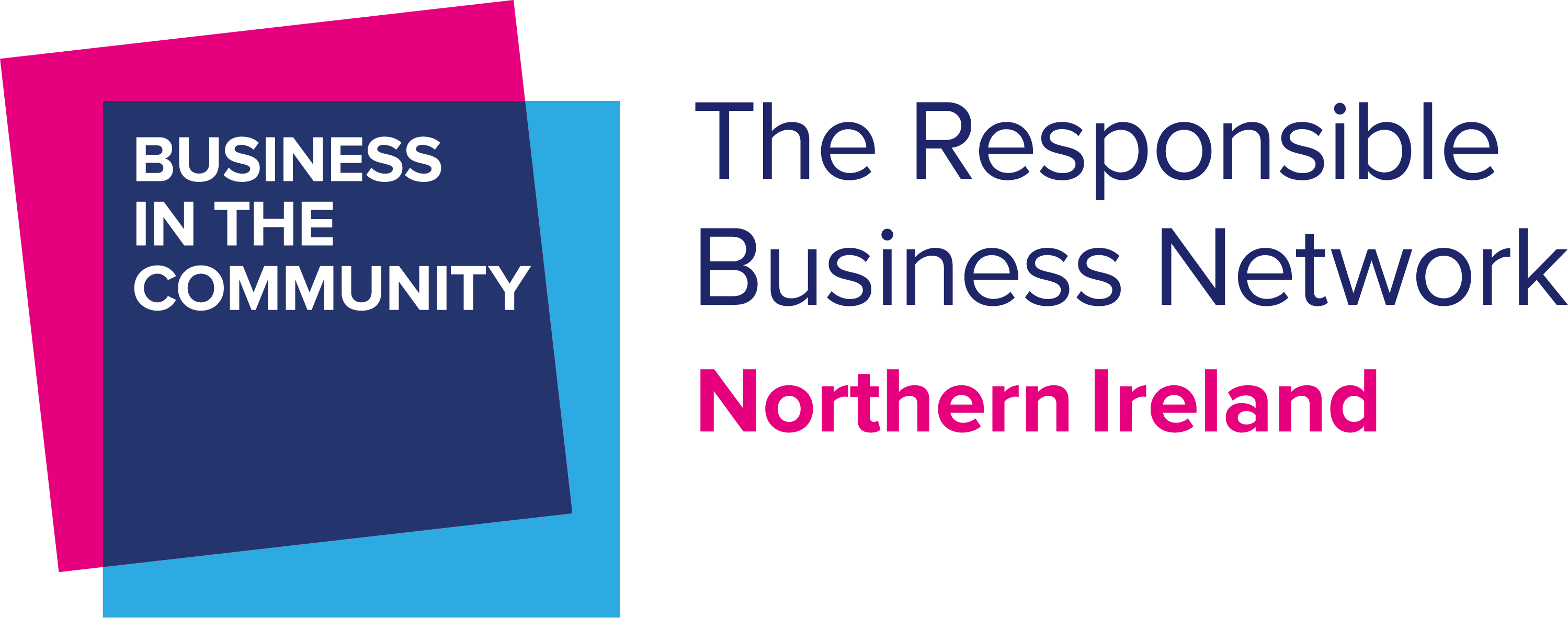Is the quest to ‘catch ‘em all’ really worth it?

Pokémon Go is the newest technology trend to hit our shores, bringing with it a wave of nostalgia for any ‘90s kid’. An interactive, real-time, open-to-all-ages gaming application that is behind the 50% boost in Nintendo shares, Pokémon Go uses augmented-reality technology to allow users to ‘catch’ Pokémon creatures in real-life situations and locations. A great attribute of the game is that it encourages increased outdoor physical activity: to progress, users must walk a certain number of kilometres to ‘hatch their eggs’ and to catch sought-after types of Pokémon – terms that will make a lot of sense to any player!
Should the developer of Pokémon Go be responsible for the safety of its users? To put it into perspective, if it were a faulty car part or a dangerous drug, then the manufacturers should be responsible for their customers’ safety. A classic example of this was the product recall of Johnson & Johnson (J&J) drug ‘Tylenol’ – in 1982, seven individuals died due to cyanide poisoning. The company acted swiftly and recalled almost 30 million bottles of the drug, while reinventing packaging and introducing better, tamper-free packing in the background. The way J&J handled the crisis situation and avoided widespread panic is still considered a gold standard in corporate crisis management by PR experts. In a nutshell, they held their hands up, took responsibility and acted to help eliminate future risk.
When the controversy involves a product, then the solution is simple: remove the product; we saw this with the Mattel (of Barbie doll fame) and horsemeat scandals of recent years. However, in the ever-changing landscape of digital and social media, gaming, and mobile applications – with their far-reaching possibilities – the debate continues around consumer behaviour and a company’s responsibility when it comes to influencing it. There is a certain precedent for saying companies have responsibility for how the public behaves because of a product, or while using it. For instance, advertising campaigns are seen to influence how people react, and there are many cases where some of these campaigns have directly influenced the public and have created hazardous situations; a famous example is the Hello Boys/Eva Herzegovina billboard adverting campaign for Wonderbra in 1994, which caused so many accidents that it had to be taken down!
It seems the difference between companies who are reactive or proactive pertains to the moral conscience of the company. A proactive company will have thought about its levels of responsibility and any risks posed by the creation and sale of a product or service from design to disposal.
 As users have ‘evolved’ with Pokémon Go, they have discovered how to manipulate some of the game’s operational glitches (one involves users driving in order to clock their kilometres quicker and hatch their eggs faster); as a result of this, much of the bad press about the game involves road traffic accidents. When we just look at instances where products are distracting to drivers or influence dangerous driving habits, then there is a case for the manufacturer to accept some negligence. A quarter of car crashes in the US are caused by mobile phone use, so it’s fair to say that any company whose product could potentially be used while driving does have a responsibility to make users aware of its dangers at the very least.
As users have ‘evolved’ with Pokémon Go, they have discovered how to manipulate some of the game’s operational glitches (one involves users driving in order to clock their kilometres quicker and hatch their eggs faster); as a result of this, much of the bad press about the game involves road traffic accidents. When we just look at instances where products are distracting to drivers or influence dangerous driving habits, then there is a case for the manufacturer to accept some negligence. A quarter of car crashes in the US are caused by mobile phone use, so it’s fair to say that any company whose product could potentially be used while driving does have a responsibility to make users aware of its dangers at the very least.
The recent Snapchat scandal involving an 18-year-old who crashed her car while using the “speed filter” (which allows users to record their speed and impose it on an image) is evidence of this. I think the dangers here are obvious, but is Snapchat really at fault? Regardless of the lawsuit’s outcome, Snapchat has now created a warning not to ‘snap and drive’, as has Pokémon Go, so is that it? Have they covered their possible negligence with a warning? Is that really enough?
No company is able to control how its products are used, but they certainly have the onus to educate customers about potential dangers. A good example of this is Diageo, our NI Responsible Company of the Year. Aware that it sells a product that can potentially be misused, Diageo has invested heavily in ‘responsible drinking’ awareness campaigns to ensure customers are aware of how alcohol should be consumed responsibly, in order to avoid any dangerous outcomes. Advances in technology are a great thing, and I personally think that the Pokémon Go game is an amazing way to get people active and to improve health & fitness. Maybe with the augmented-reality technology, created by Niantic, they could go one-step further than just a warning? Maybe they could modify the system to alert users when they’re crossing a road or could shut down the game when the person is driving.
Of course, companies are not completely at fault for every mishap in society. At the end of the day, common sense must prevail, and we are ultimately responsible for our own actions as individuals. With that said, efforts to go the extra mile in product safety will give consumers greater trust in any company, and that’s what sets a company apart as a truly responsible business.



